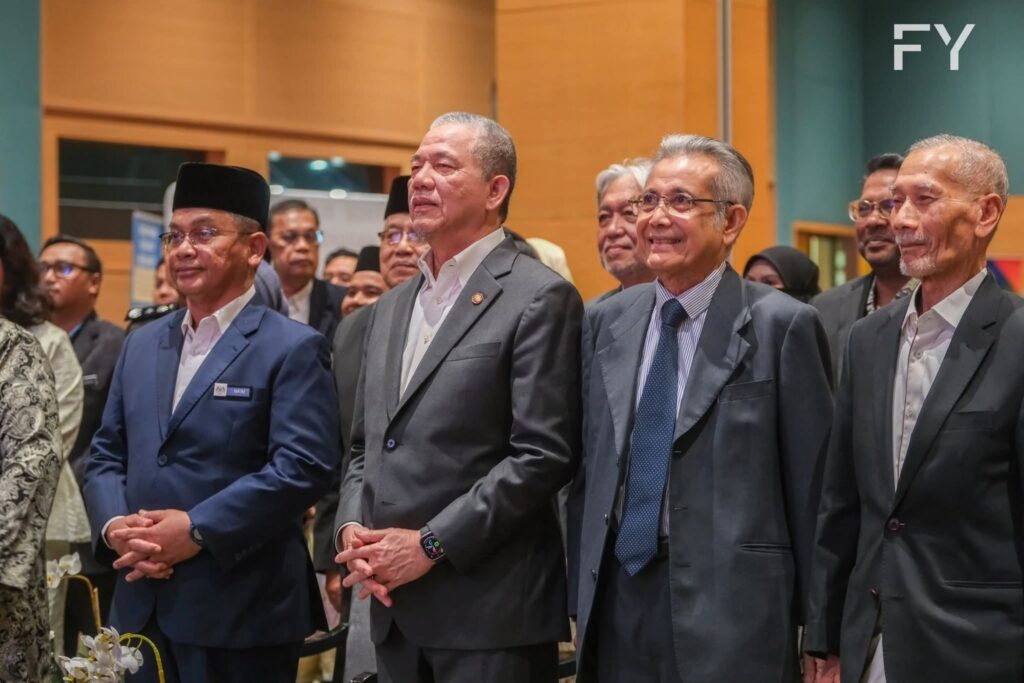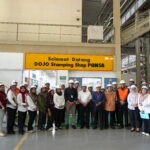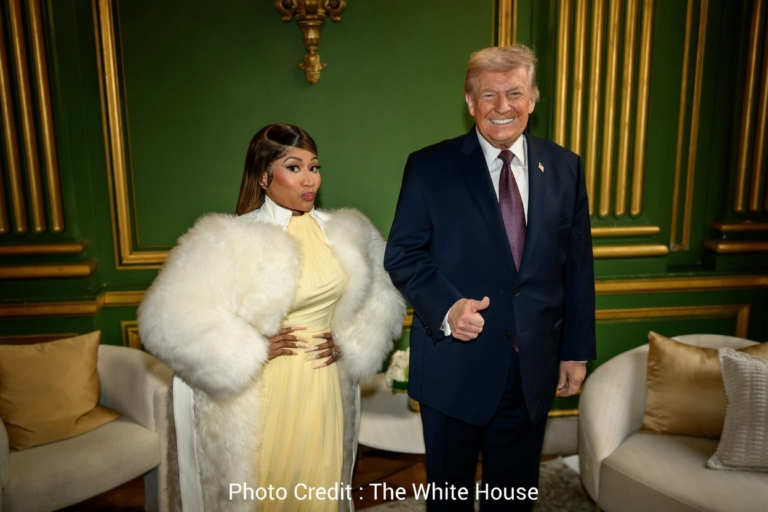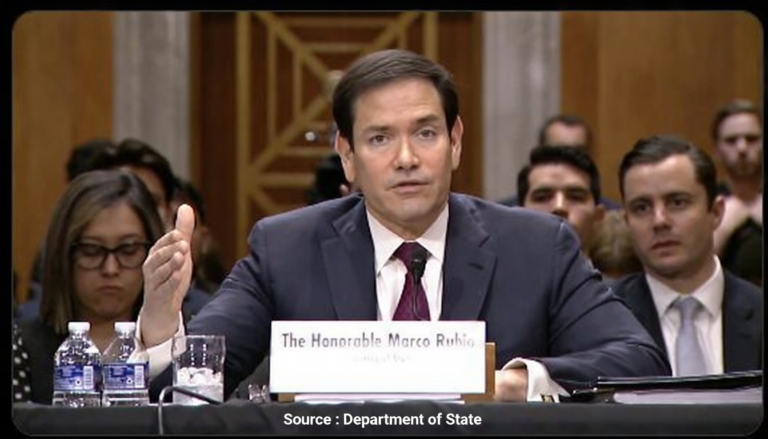
MALAYSIA. Putrajaya, June 17, 2025 – Deputy Prime Minister Dato’ Sri Fadillah Yusof officiated the closing ceremony of the Muzakarah on Human Rights Issues from the Perspective of Maqasid Syariah, organized by the Human Rights Commission of Malaysia (SUHAKAM), at the Putrajaya International Convention Centre (PICC) yesterday.

In his address, Fadillah emphasized that the dialogue served as a vital platform for bridging universal human rights principles with the comprehensive framework of Maqasid Syariah, aligning with the Malaysia Madani vision championed by Prime Minister Datuk Seri Anwar Ibrahim. He described Malaysia Madani as a governance philosophy rooted in respect, ethics, and morality, aimed at fostering a civilized society.
“Human rights are inseparable from the Malaysia Madani framework,” Fadillah said, highlighting the synergy between modern human rights concepts and the Islamic doctrine of al-dhoruriyat al-khomsah—the five core principles of Maqasid Syariah: preservation of religion, life, intellect, lineage, and property.
Under the Madani Government, Fadillah noted, these principles guide inclusive, just, and ethical governance, ensuring balanced national development across spiritual, social, and economic dimensions. He praised SUHAKAM’s initiative for addressing misconceptions that human rights are solely a Western ideology, emphasizing that Islam inherently upholds human rights through divine justice and universal fairness.
The muzakarah covered critical topics, including child marriage, stateless children (al-laqit), legal reforms based on human rights principles, and refugee rights. Scholars explored how Maqasid Syariah’s five pillars—preservation of religion (hifz al-din), life (hifz al-nafs), intellect (hifz al-‘aql), lineage (hifz al-nasl), and property (hifz al-mal)—align with human rights values to promote justice, dignity, and well-being.
Fadillah underscored Malaysia’s commitment to advancing human rights domestically, regionally, and globally, citing historical Islamic precedents like the Medina Charter and Prophet Muhammad’s final sermon as evidence of Islam’s dedication to justice and freedom.
He expressed hope that the muzakarah would foster ongoing dialogue, balanced policies, and a shariah-friendly, inclusive narrative.
“Human rights and Maqasid Syariah are not contradictory but complementary, moving in tandem to uphold justice, freedom, and human dignity,” he concluded.
The event, which brought together scholars and stakeholders, is expected to shape policies that harmonize human rights with Islamic principles, ensuring freedom is balanced with responsibility and moral values.














